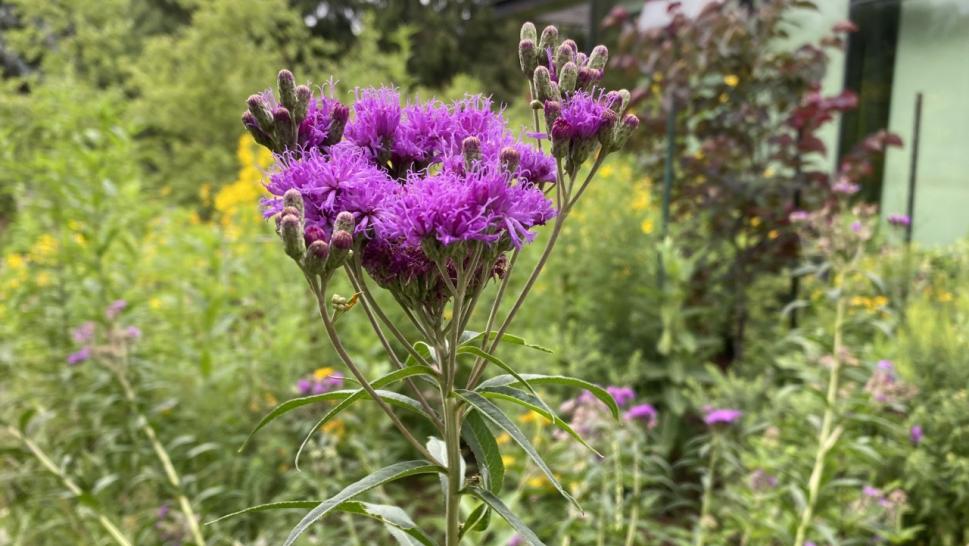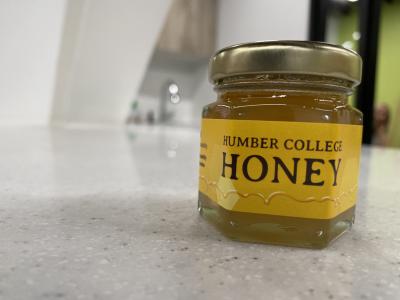
Humber College continues its efforts to protect and support pollinators and the important role they play in the ecosystem by planting a third pollinator garden at North Campus.
The college was recognized for its work to support pollinators after receiving a Bee Campus designation from Bee City Canada last year. Humber is just one of 11 post-secondary institutions in the province to have achieved the designation that requires a commitment to creating and improving pollinator habitat as well as education outreach about the importance of pollinators.
Gabi Hentschke, sustainability communications and engagement coordinator with Humber, said a new pollinator garden will be planted outside the B driveway entrance later this month. It will include more than a dozen pollinator-friendly plant species including Pearly Everlasting, Coneflower and Prairie Smoke.
The Painted Lady Butterfly is one example of a pollinator that will benefit from the garden, said Hentschke. Its larvae live in the plant and eat its leaves and, once they metamorphize into butterflies, return to the plant and help it pollinate.
Currently, North Campus is home to a pollinator garden in the Humber Arboretum, just outside the Centre for Urban Ecology, and on the roof of the Barrett Centre for Technology Innovation.
Hentschke notes that while bees are perhaps the most commonly known pollinators, other insects and even bats and birds spread pollen to help plants reproduce.
“Pollinators are key in maintaining a balance in nature so we really wanted to enhance the number of habitats pollinators have here at Humber,” said Hentschke. “Having these gardens is crucial because many pollinators are experiencing habitat loss, particularly in urban spaces.”
According to information posted on the Pollinator Partnership website, anywhere from 75 to 95 per cent of all flowering plants need help with pollination and pollinators provide pollination to more than 180,000 plant species and 1,200 crops. The organization, whose mission is to promote the health of pollinators through conservation, education, and research, says pollinators are critical to global food and ecosystems.
In addition to the pollinator gardens, Humber is also home to 11 bee hives. The bees were removed during the pandemic but will likely be brought back before classes resume in the fall.
The hives and bees are used for educational purposes but also for honey. Students in the Culinary Management program use the honey when cooking and baking and jars of it are also given away as gifts by the Office of Sustainability.

“Sustainability is one of Humber's values and also a strategic priority so once our team found out about the possibility of becoming a Bee Campus, we thought that would be good opportunity,” said Hentschke. “We’re always looking for new ways to lead when it comes to sustainability.”
Humber offers a Sustainable Beekeeping course through the Arboretum with topics ranging from equipment and Toronto native bees to growing native plants.
Meanwhile, those Interested in protecting pollinators can show their support by taking the Pollinator Protector Pledge.